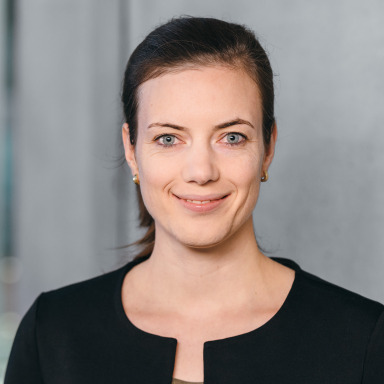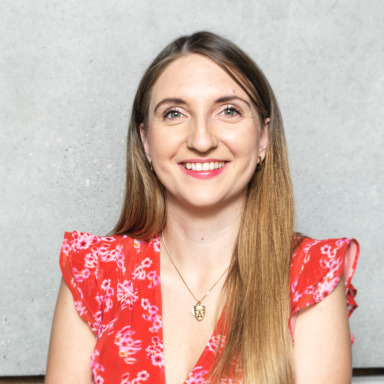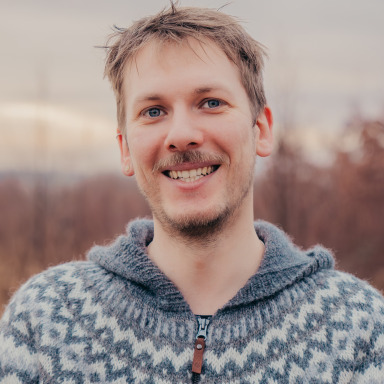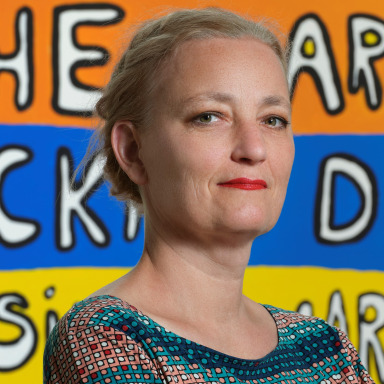Global Change and Arctic Sustainable Transformations (GloCAST)
Duration
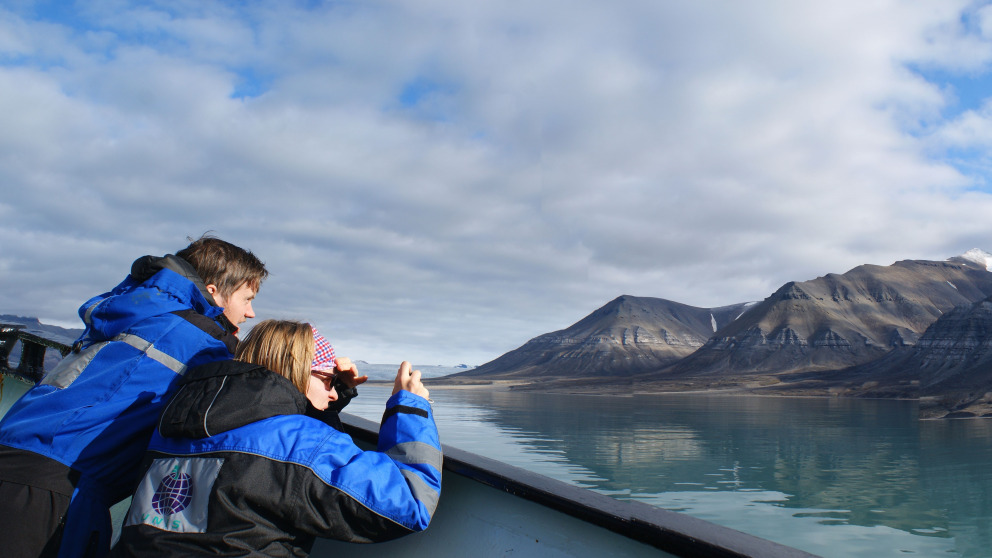
Global change processes such as climate change and globalisation can dramatically alter local contexts. The transformation of the Arctic is a striking example. The melting of the Arctic ice cap is opening up access to untapped deposits of raw materials and creating new shipping routes. Arctic states as well as an increasing number of other European and Asian countries, shipping companies, tourism operators, and resource industries are observing this development with growing interest. At the same time, these changes are presenting people and the environment with new and alarming challenges that we are ill-prepared to address.
Identifying local-global interdependencies
The research project "Global Change and Arctic Sustainable Transformations" (GloCAST) studies interactions between global change processes and local developments in the Arctic. Particular emphasis is placed on the interdependencies of political, economic, and legal systems and processes within and beyond the Arctic Circle.
Understanding the conditions for sustainable Arctic transformation
Huge uncertainties persist regarding both the causes and the effects of changes in the Arctic. And the question of what a warmer Arctic means for mid and low latitudes - in climatic, weather, economic, political, and legal terms - has not been clarified yet. So we need new knowledge to understand the preconditions for a successful sustainable transformation of the Arctic and to reconcile the interests of various Arctic stakeholders. GloCAST researchers contribute to this task by focusing on the following research questions:
- Who and what processes are responsible for Arctic change?
- What governance instruments are appropriate to the rapid and complex changes in the Arctic and can prevent conflict between stakeholders?
- How do global factors influence the policies of Arctic states?
Co-developing pathways for sustainable Arctic futures
Working closely with actors from within and beyond the Arctic region, RIFS researchers co-develop possible pathways to sustainable Arctic futures. In the process, the GloCAST team uses inclusive methodologies, such as scenario workshops, and networking activities, for example within the Arctic Council's Sustainable Development Working Group.

